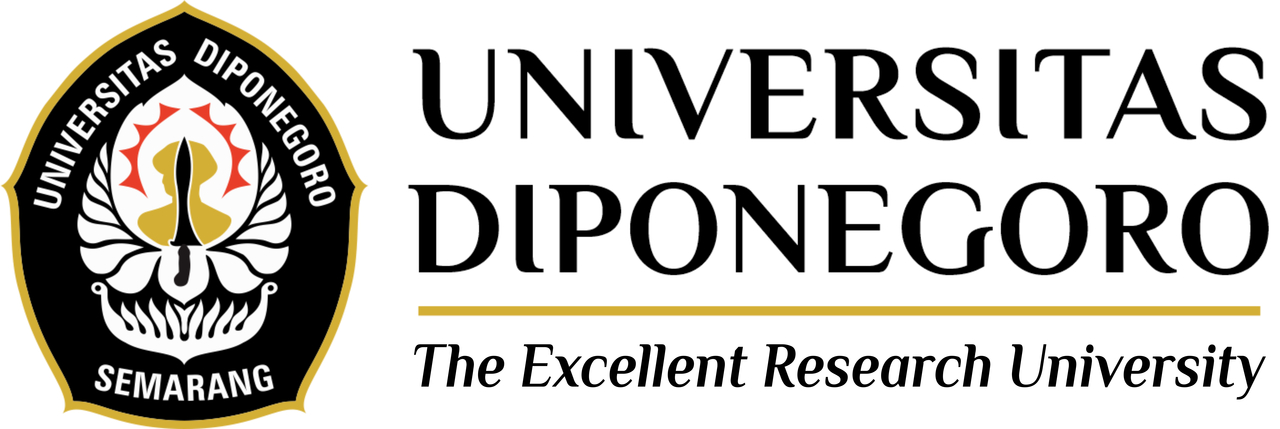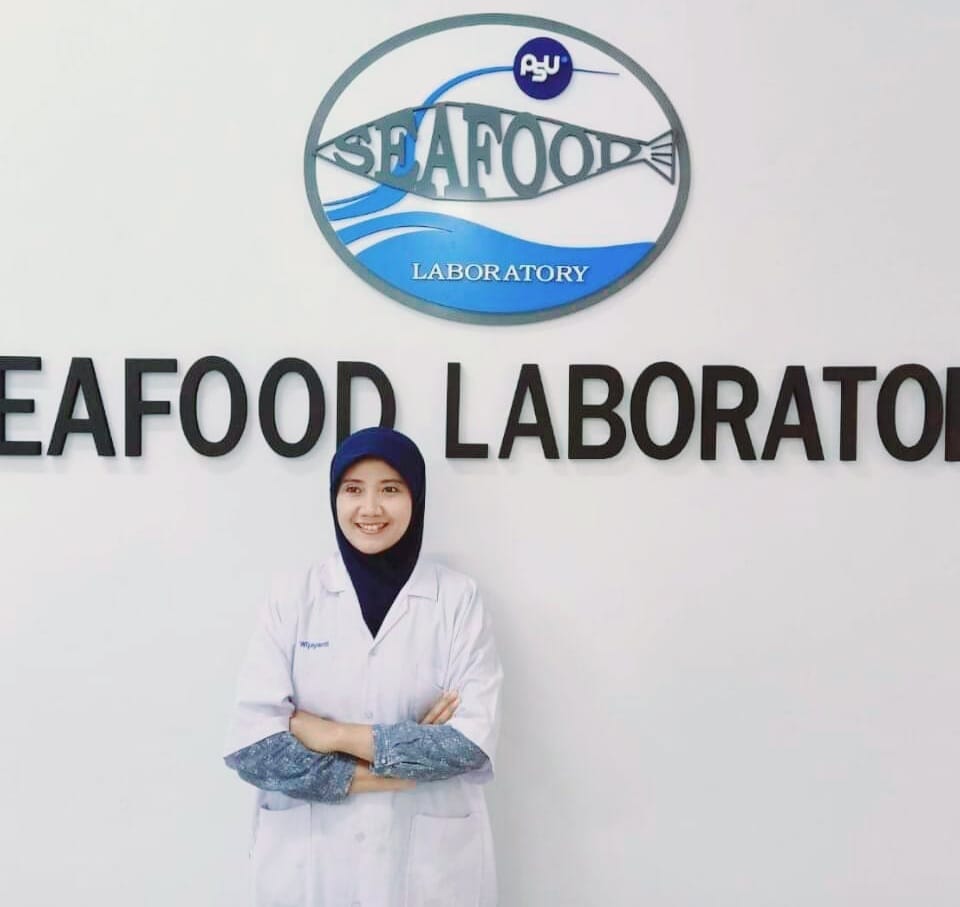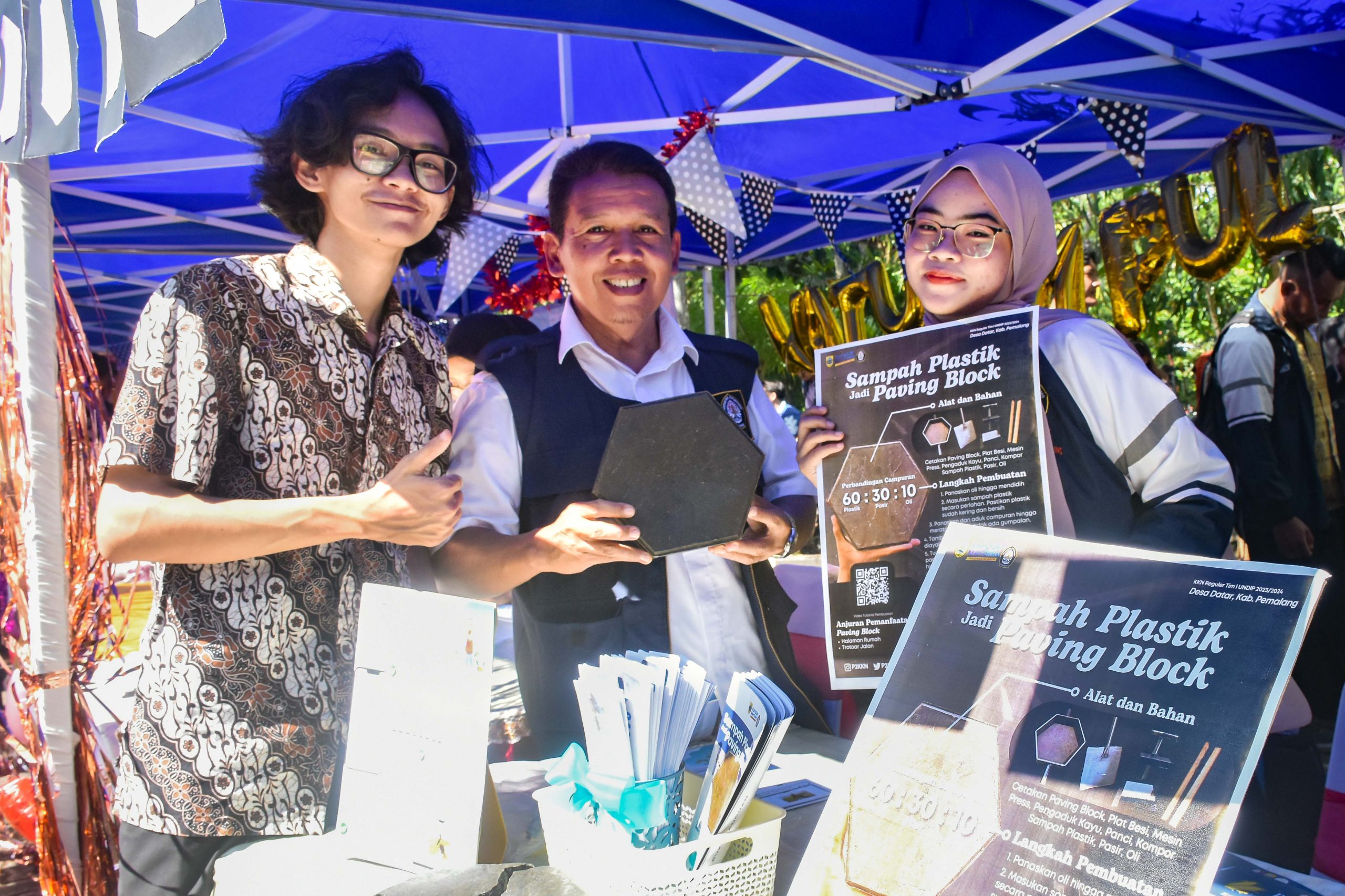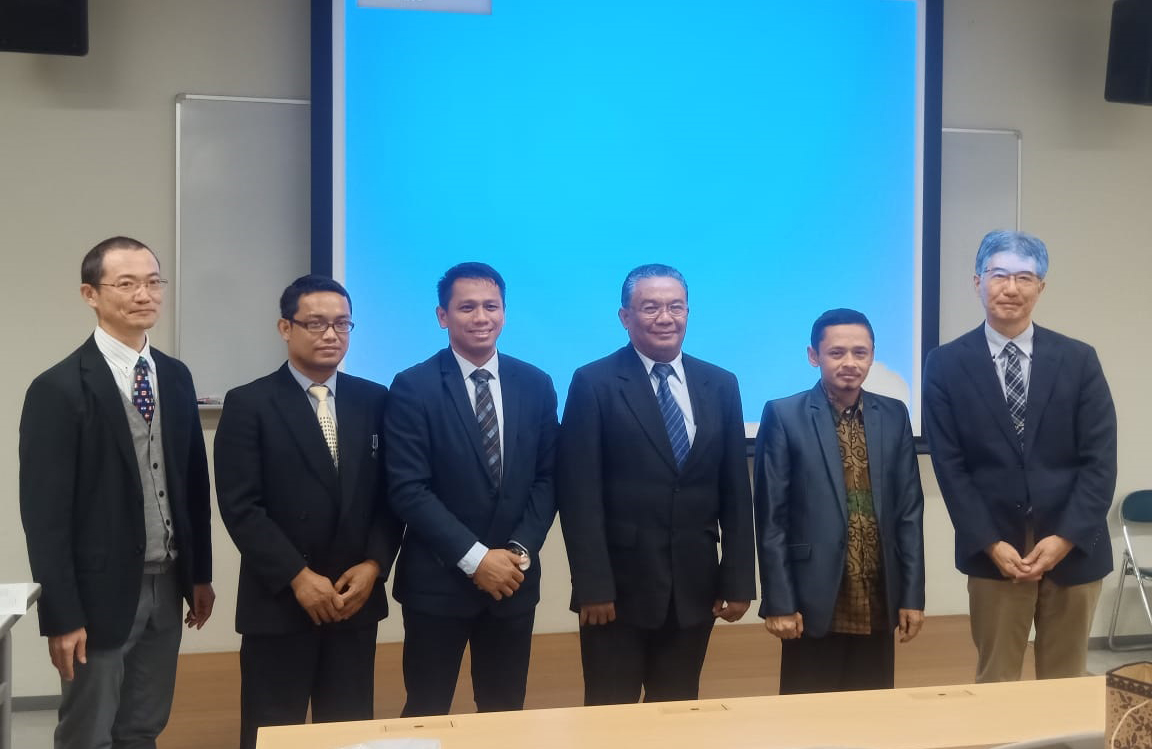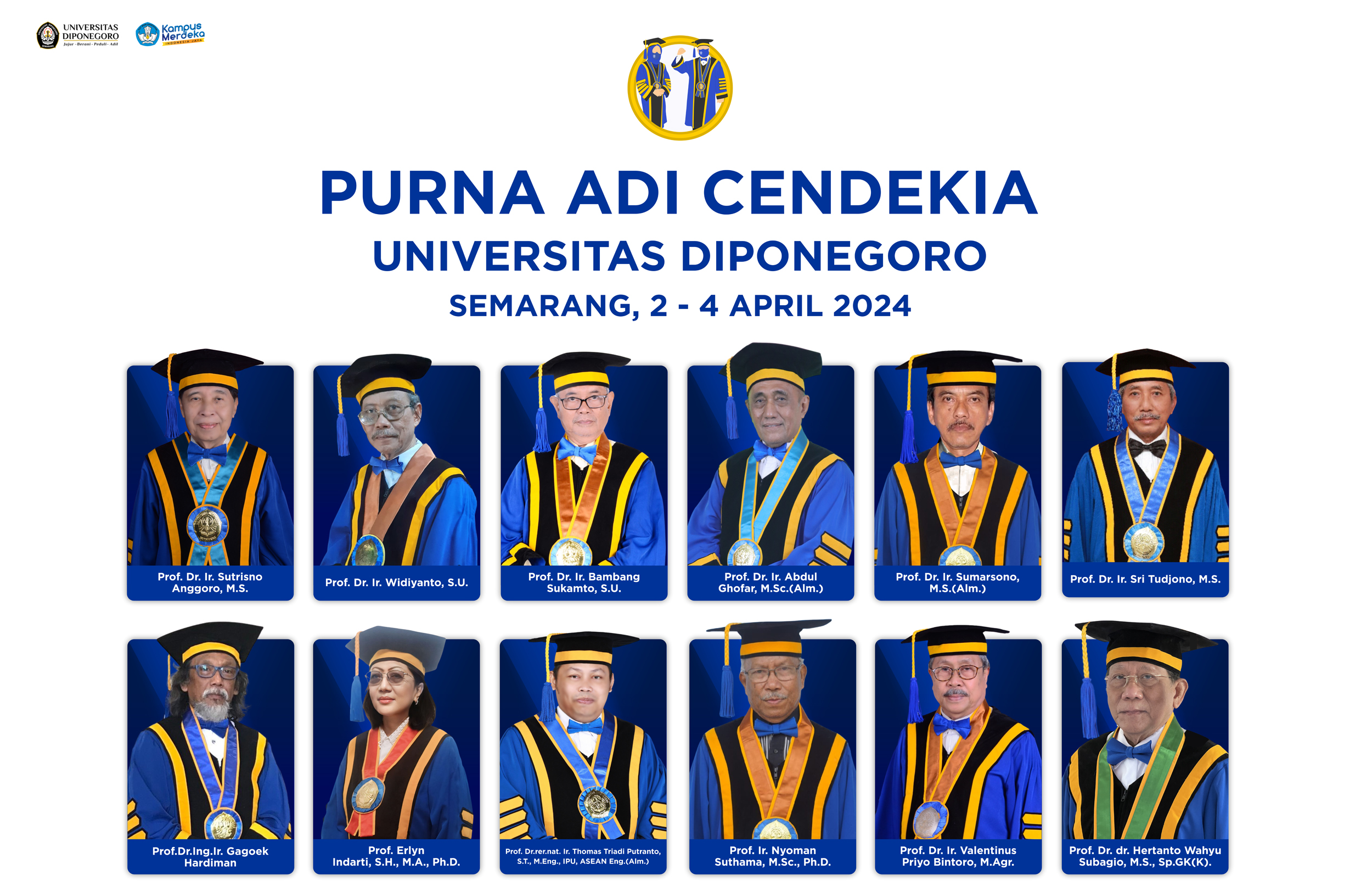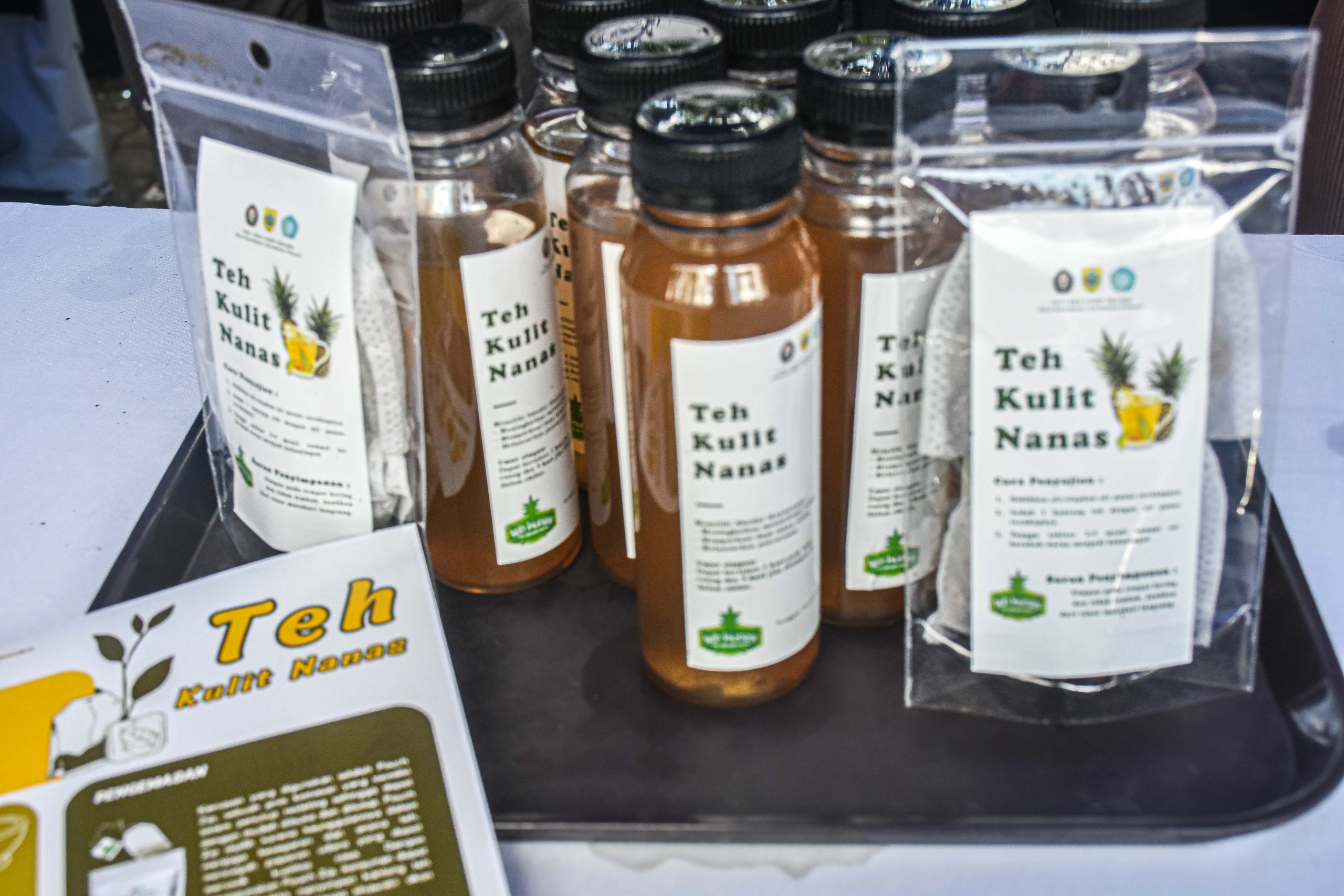“Calcium is a mineral that is very important for healthy bones and teeth. Calcium needs in humans can be met through food sources such as milk, fish, vegetables, and others. Calcium can also be fulfilled through fortification in food ingredients or through consumption of food supplements. Apart from meat, calcium is also contained in fish bones,” said Ima Wijayanti, S.Pi., M.Si., Ph.D., Lecturer at the Faculty of Fisheries and Marine Sciences, Diponegoro University. She is a graduate of the Food Science and Technology doctoral program, Prince of Songkla University, Thailand.
Her scientific research entitled “Bio-Calcium From Asian Sea Bass (Lates Calcarifer) Backbone: Characteristics and Its Food Fortification” uses experimental laboratory research methods to characterize fish bones, followed by the use of high pressure heating technology for pre-treatment, production of bio-calcium, reduction of particle size by ultrasonic technology and application of biocalcium in various food products.
Furthermore, Dr. Ima said fish bones are one of the solid wastes produced by the snapper/barramundi (Lates calcarifer) fillet factory. The use of fish bones as a source of calcium for fortification or supplements not only helps reduce waste but can also increase the added value of bones and help reduce environmental pollution problems. Biocalcium from fish bones is known to consist of hydroxyapatite which is a biomineral that is also commonly found in human bones or teeth. Biocalcium from fish bones contains high calcium and phosphorus as well as other minerals such as potassium, sodium, and others.
“The use of fish bones as a source of calcium is also an alternative for those who are sensitive or allergic to lactose, milk or nuts, which are usually high sources of calcium. Whereas the use of high pressure heating in the process of making biocalcium helps reduce the grittiness or sandy mouthfeel of biocalcium so that it can be applied to various foods such as surimi, mayonnaise and fish spread without causing significant sensory disturbances when added in the right amount. In the right addition, biocalcium from snapper bones can also improve the quality of surimi gel, especially in low grade surimi. “The results of the study through in vitro tests using Caco-2 cells show that biocalcium from snapper bones has a higher absorption than its dissolved form in citric acid,” he explained. (Lin – Public Relations)
